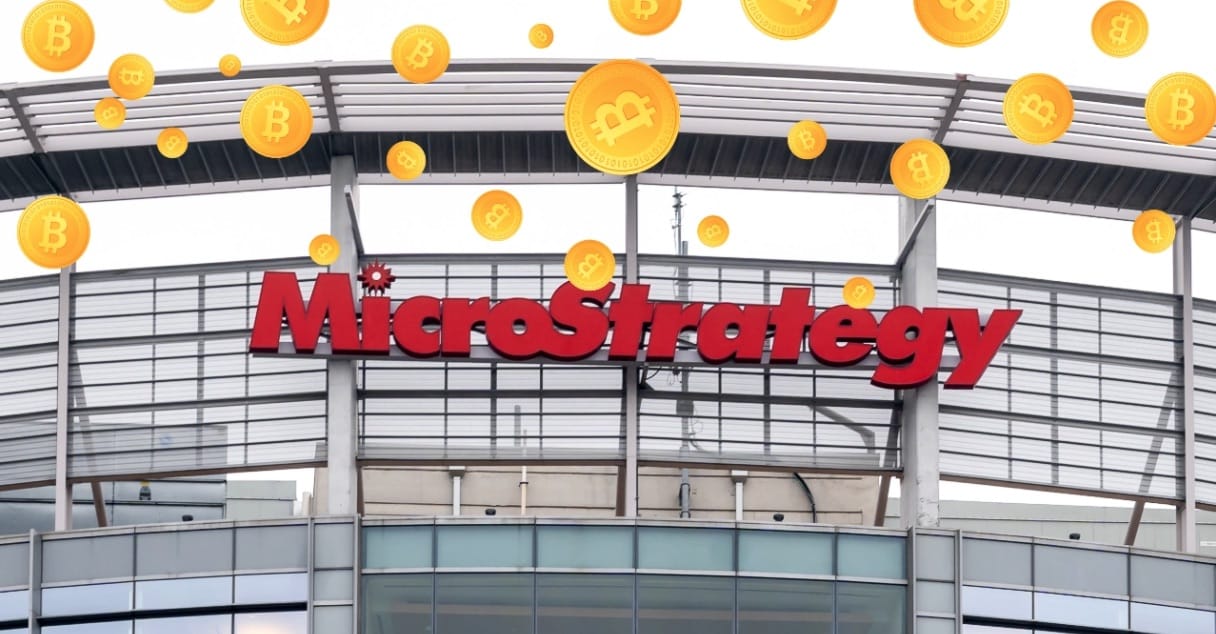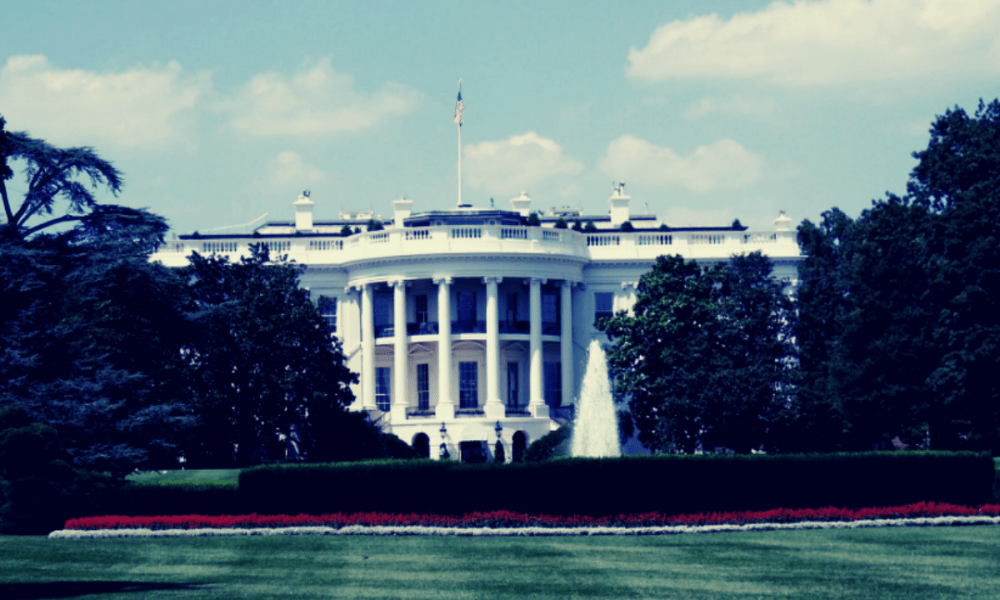You need to remember that forex is traded primarily via three venues: spot markets, forwards markets, as well as futures markets. The spot market is bigger compared to other venues because it is the “underlying” asset on which forwards and futures markets are based.
It is a good idea to read the Markets Bank review.
When people refer to the forex market (forex, FX, or currency market), they are thus usually referring to the spot market. The forwards, as well as futures markets, tend to be more popular with companies or financial firms that need to hedge their forex risks out to a specific date in the future.
Forex and traders
Let’s start with the spot market. People have to keep in mind that forex trading in the spot market has always been the largest as it trades in the biggest underlying real asset for the forwards and futures markets.
In the past, volumes in the forwards and futures markets surpassed those of the spot markets. Nevertheless, the trading volumes for forex spot markets received a boost with the advent of electronic trading as well as the proliferation of forex brokers.
The spot market is the venue where currencies are bought and sold based on their trading price. The trading price is determined by supply and demand and is calculated based on a number of factors, including current interest rates, etc.
Besides, a finalized deal is known as a spot deal.
A spot deal is a joint transaction in which one side delivers an agreed-upon currency amount to another side and receives a specified amount of another currency at the agreed-upon exchange rate value. Notably, after a position is closed, the settlement is in cash. Even though the spot market is widely known as one that copes with transactions in the present (rather than in the future), these trades, believe it or not, take two days for settlement.
What about other markets
As a reminder, a forward contract is a private agreement between two parties. They agree to buy a currency at a future date and at a prearranged price in the OTC markets.
Moreover, a futures contract is a standardized agreement between two parties in order to take delivery of a currency at a future date as well as at a prearranged price. Futures trade on exchanges and not OTC.
When it comes to the forwards market, contracts are bought and sold over-the-counter between two parties, which dictate the terms of the agreement between themselves. Regarding the futures market, futures contracts are bought and sold based upon a standard size and settlement date on public commodities markets.
For example, in the case of the United States, the National Futures Association (NFA) is in charge of the futures market. Importantly, futures contracts have specific details, including the number of units being traded, delivery and settlement dates, as well as minimum price increments that can’t be customized. The exchange serves as a counterparty to the trader, providing clearance as well as settlement services.
Let’s not forget that both types of contracts are binding and are typically settled for cash at the exchange in question upon expiry, even though contracts can also be bought and sold before they expire.
The currency forwards and futures markets have the ability to offer protection against risk when trading currencies. Usually, world-famous international corporations use these markets in order to hedge against future exchange rate fluctuations; however, speculators also participate in these markets.
In addition to forwards as well as futures, options contracts are also traded on certain currency pairs. Lastly, forex options give holders the right to enter into a forex trade at a future date and for a predetermined exchange rate before the option expires.
How much truth is left in the BTC narrative?
- In China, “digital yuan” failed and weakened Xi Jinping - November 27, 2024
- Investor buys Bitcoin every day since 2016 — See how much he has today - November 27, 2024
- Why Bitcoin’s 8% Drop in 4 Days Could Make It Hit 100,000 USD Faster Than You Think - November 27, 2024



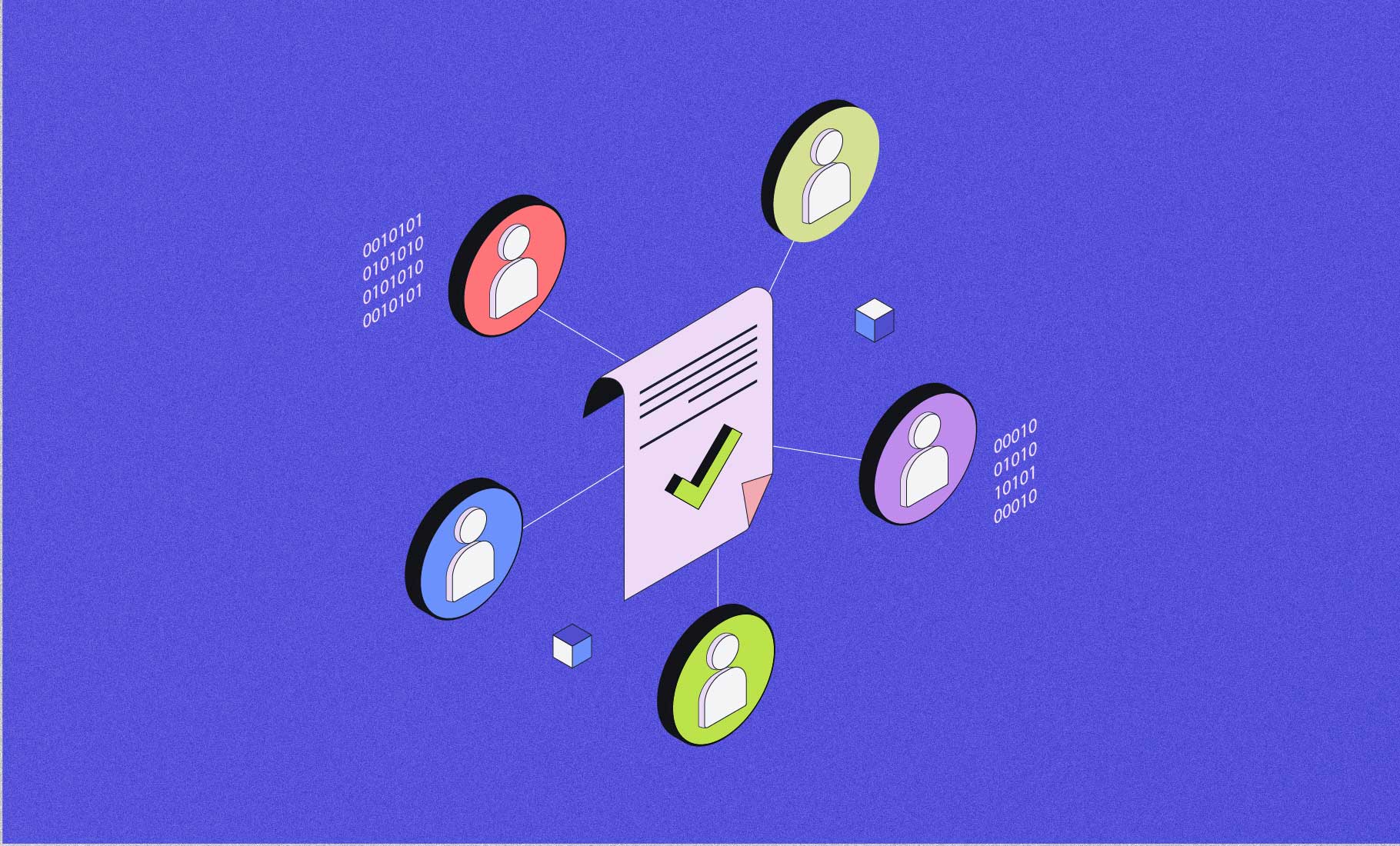
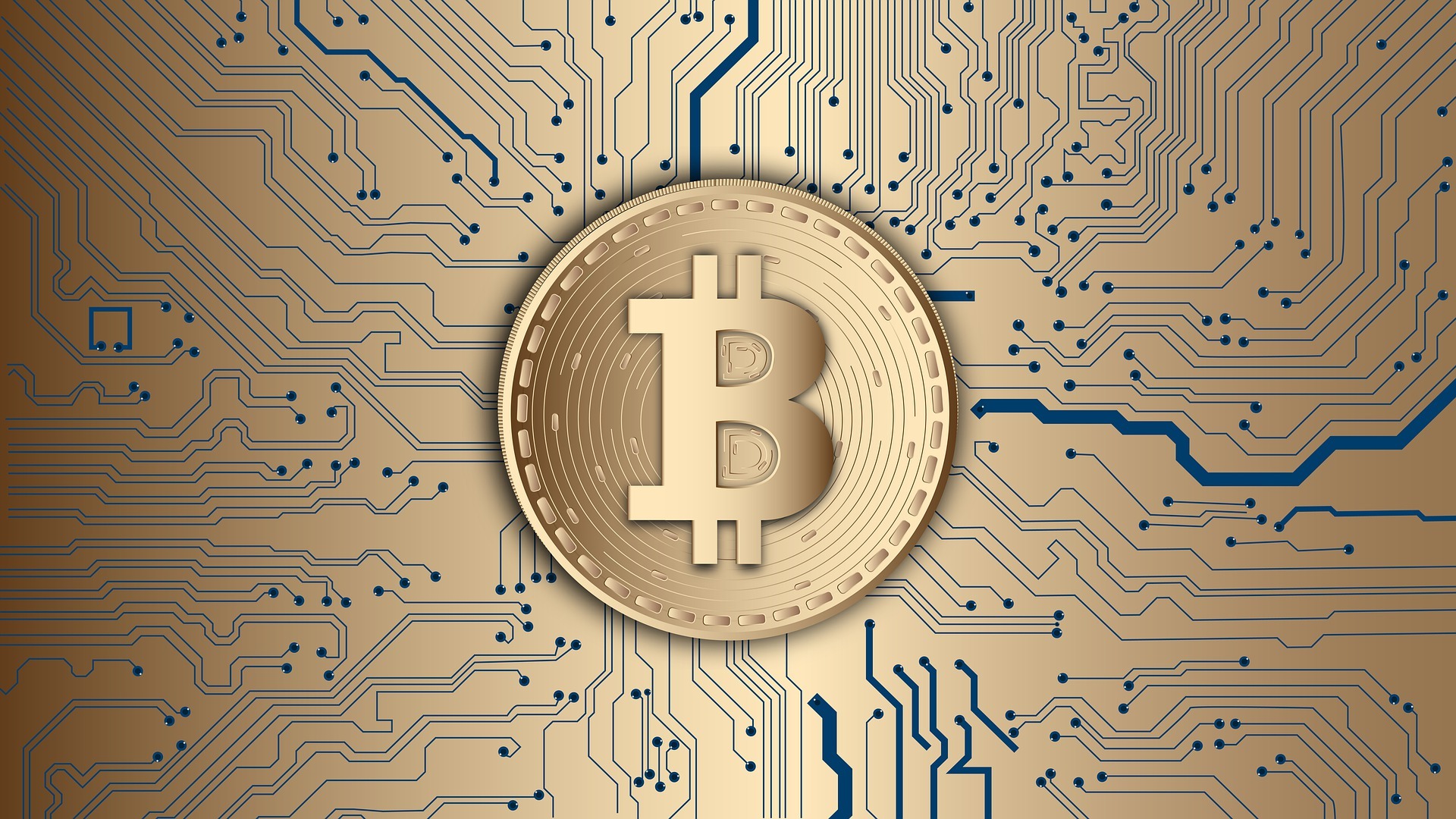

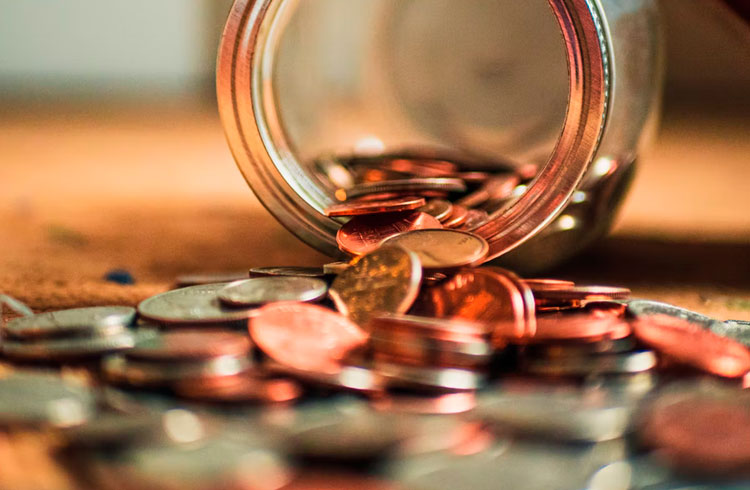
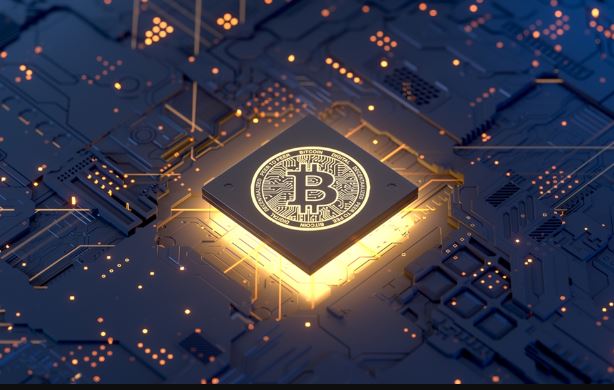
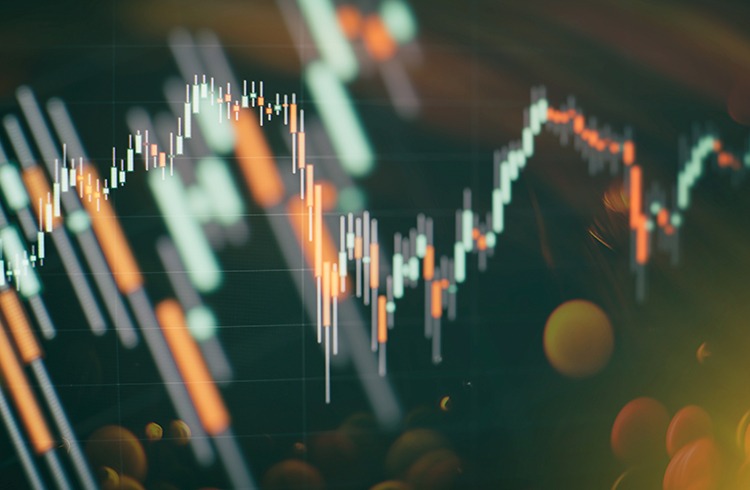
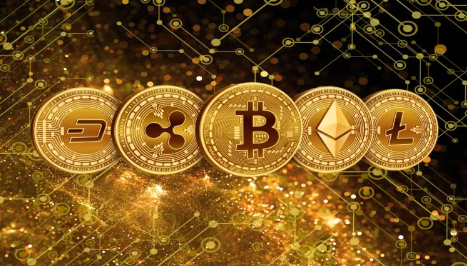

![BingX Exchange: A Detailed Guide to Using, Trading, and Maximizing Features in [current_date format=Y] 14 BingX Exchange: A Detailed Guide to Using, Trading, and Maximizing Features](https://cryptheory.org/wp-content/uploads/2024/11/4-5-120x86.jpg)

